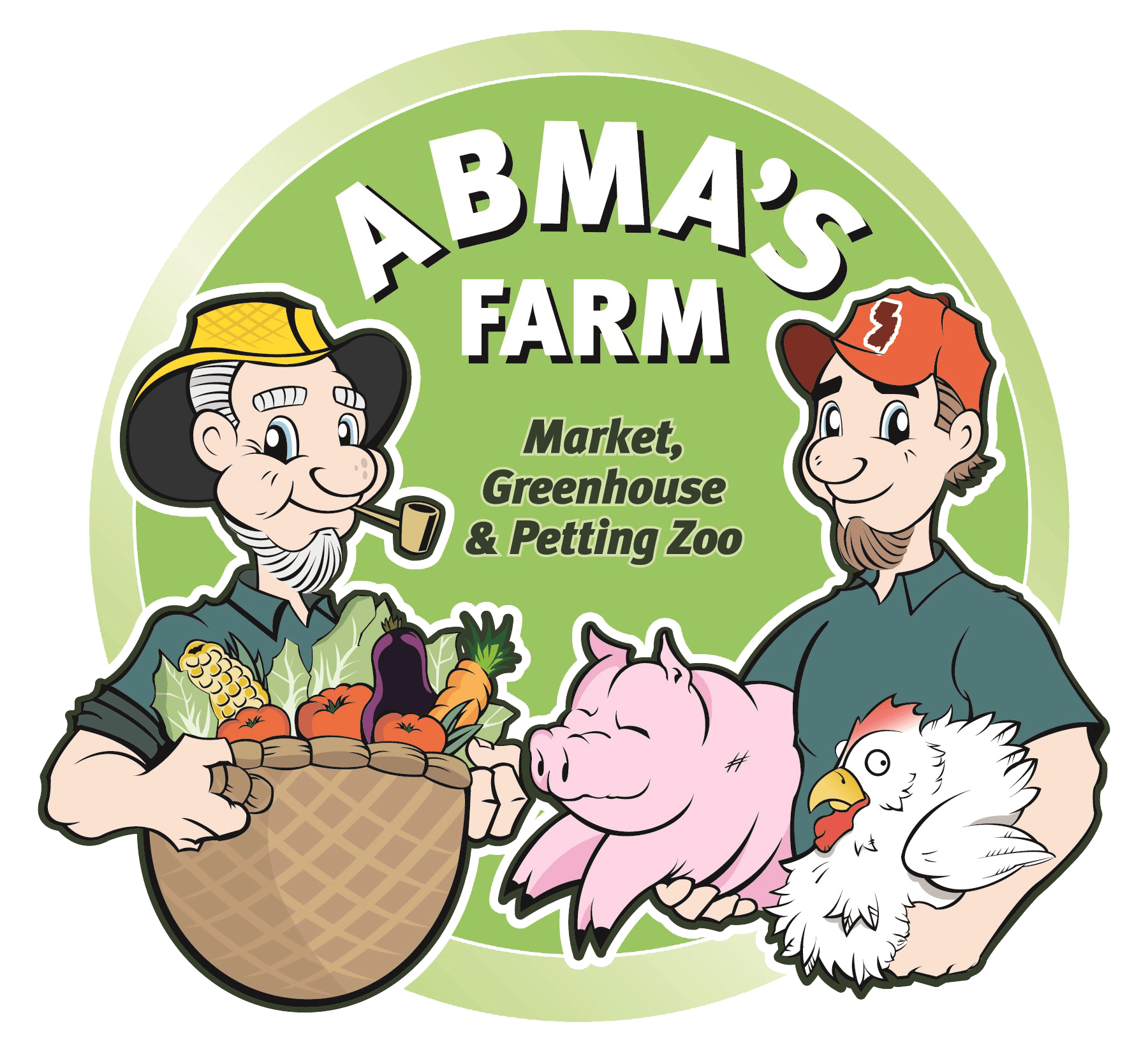All About Our Homegrown Eggs

A Quick History...
Abma’s Farm began in 1929 as a small mom and pop style farm, producing just enough to sustain the Abma family. There was an orchard, a small vegetable field, cows, and pigs. Soon, first generation founder Barney Abma began raising chickens for eggs and meat.
Over the next few decades, Barney's sons James and Henry expanded the egg operation from 1,000 laying hens to more than 25,000 at peak in the 1960s.
Pictured (circa 1935) is Barney Abma, ready to deliver his cleaned and graded eggs to homes and businesses in Wyckoff. His son Henry would deliver them by bicycle. Patrons visiting the farm would use the “honor box”: picking eggs from a cooler and dropping money into the box. The barn in the background was once a three-story chicken coop, renovated in the 1970s by Barney's son James and transformed into the retail Farm Market you see today.
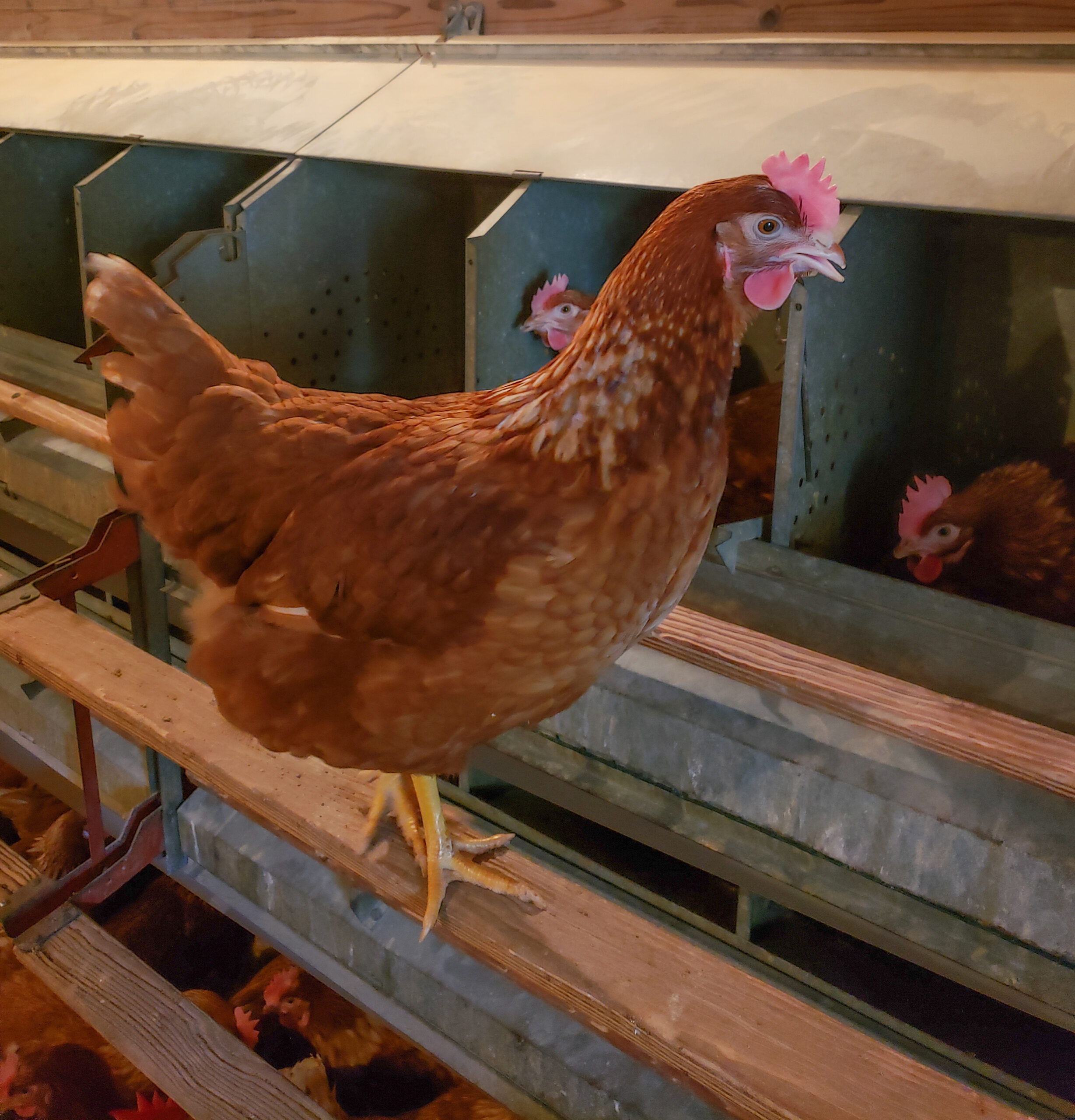
Present Day...
We've since narrowed down the number of resident chickens housed on the farm. As of May 2023, we have 950 Rhode Island Red hens, 65 Rhode Island Red roosters, and 400 Azure Blue hens.
Our chickens are fed a custom feed made specifically for Abma’s Farm consisting of an all-natural grain, corn, soybean and flax mixture, making it a rich source of Omega 3. Although it is costlier, we utilize flax to incorporate a natural source of Omega 3. We never use synthetic Omega that is commonly used in commercial operations in effort to keep costs down. This quality grain ensures our birds will remain extra healthy and happy! Our feed does not contain antibiotics, growth hormones, or animal bi-products.
About Our Chicken Coop:
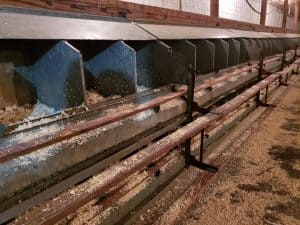
-
Our cage-free chicken coop consists of three levels:
- The sub floor level is the bottom-most level underneath the floor level that collects chicken manure. This manure is later used in our fields for fertilizer.
- The floor level contains feed trays, water spigots, and shavings, making it a comfortable area for the hens to scratch, roam around, and play.
- The second level contains open nest boxes and roost bars. Our chickens lay their eggs in the nest boxes and sleep on the roost bars. The nest boxes are private and dark, exactly what the hens prefer. When it's time to lay an egg, the hen will fly up to a nest. Once the hen leaves the nest, the egg rolls down onto a conveyor belt to be collected. We collect these eggs twice a day.
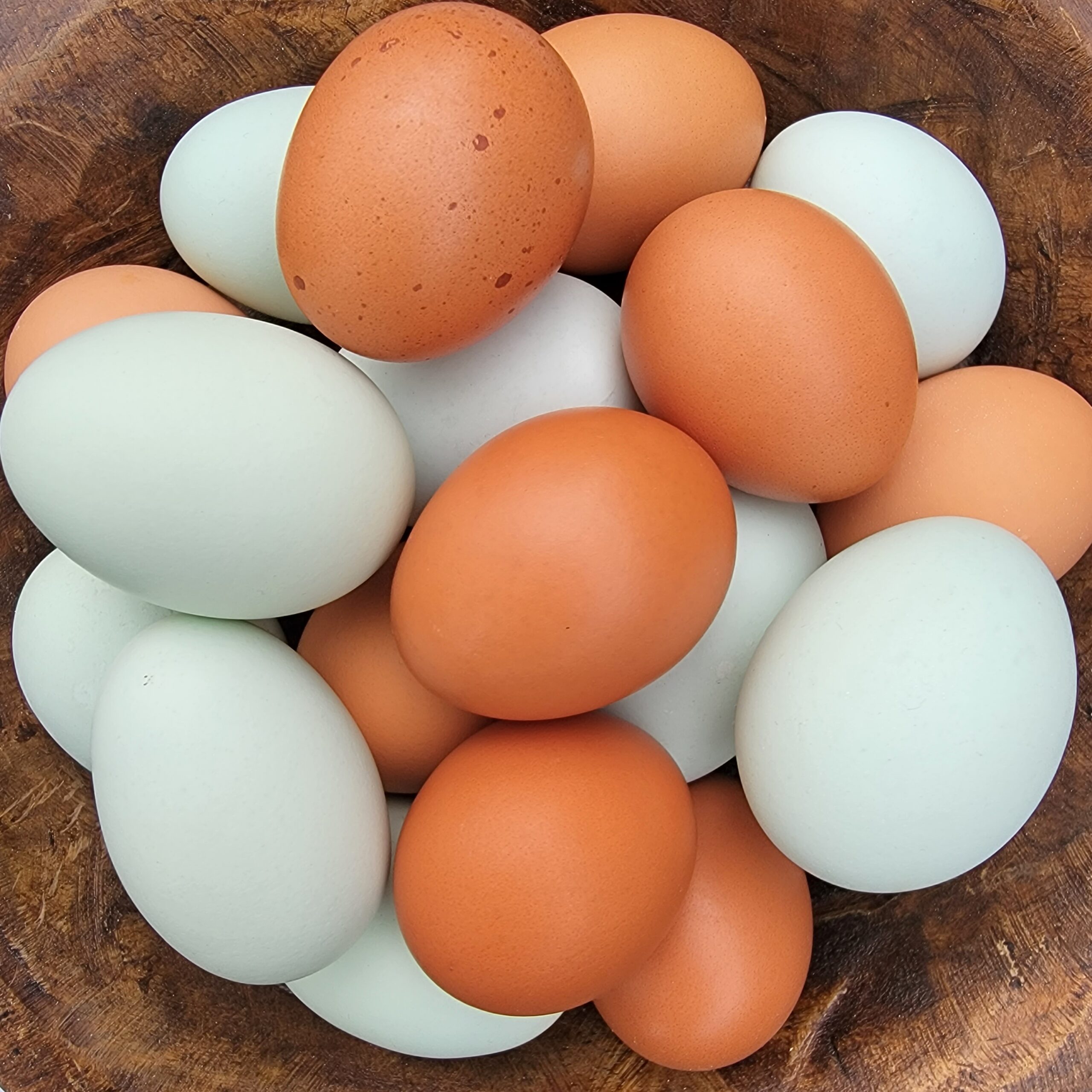
-
Abma’s Farm Eggs Are Sold Two Ways:
1) Nest Eggs: Eggs are collected fresh each morning from the coop and are not graded (sized) or washed. What makes these eggs so special is that you’re buying it completely in its natural form. What does that mean? Well, in the last hour and a half of egg formation, a natural foamy layer of protein called the “bloom” or cuticle forms around the egg. The bloom helps repel water, prevent bacteria from getting inside the shell, and reduces moisture loss from the egg. When eggs are washed in water, the "bloom" washes off and you must refrigerate them. Nest Eggs still have their "bloom", so there is an extra layer of protection to keep them fresh. We refrigerate our Nest Eggs for good measure, although fresh eggs can also be stored at room temperature . You will never have an egg as fresh as our nest eggs anywhere else; enjoy the difference! Nest eggs are sold by the piece.
2) Carton Eggs: Blue eggs (Azure Blue hens) in size Medium and Large; Brown eggs (Rhode Island Red hens),in sizes Medium, Large, Extra Large, and Jumbo. Carton eggs are collected twice daily from the same coop and brought over to our egg room where they are cleaned with water and graded to be sold by a specific size. We check the egg for impurities and then wash the egg with a jet of water and scrubbing action. This wash process also washes off the Bloom, so you need to refrigerate these clean eggs. Since there is no extra time or transport in our on-site process, you receive the freshest carton eggs available. Enjoy the benefits of a local flock in your community!
So What Causes Different Colored Eggs?
Different breeds of chickens produce different colored eggs! It's all in the anatomy.
All eggs start out with white shells made primarily of calcium carbonate. White breeds, like Leghorns, don't possess any pigment genes, so they lay white eggs.
In some breeds, like Rhode Island Reds, a pigment called protoporphyrin is slowly added to the shell as it travels down the oviduct. Protoporphyrin is brown colored. Depending on the breed, the coating will be light, dark, or somewhere in between.
Blue egg shells, from breeds like our Azure Blue hens, come from a pigment called oocyanin, a byproduct of bile. This pigment is also slowly added to the shell as it travels down the oviduct, prior to being laid.
Once you get past the shell color, every chicken's egg anatomy is the same!
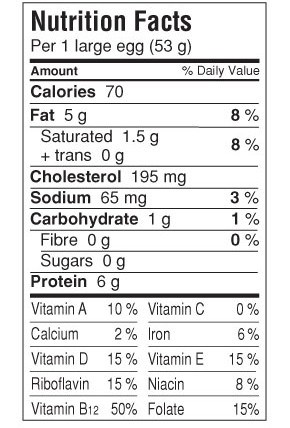
Egg-ucation:
-
- Eggs contain the highest form of protein you can buy, more than chicken or steak!
- Eggs have all 9 amino acids, making it a complete protein.
- Eggs are rich in choline. Choline promotes normal cell activity, liver function and the transportation of nutrients throughout the body.
- Omega-3 or DHA eggs are from chickens that have been fed a diet supplemented by a source of omega-3 fatty acids (often flax seed).
- Eggs are gluten free.
- Shell color simply points to a different breed of laying hen and has no impact on taste or nutrition.
- Hens with white feathers and white ear lobes lay white eggs; hens with red feathers and red ear lobes lay brown eggs.
Eggs...
-
...help keep your muscles strong.
...increase your brain and memory function.
...help keep your immune system working properly.
...lower your risk of heart disease.
...help develop healthy babies during pregnancy.
...keep your skin and hair looking healthy.
